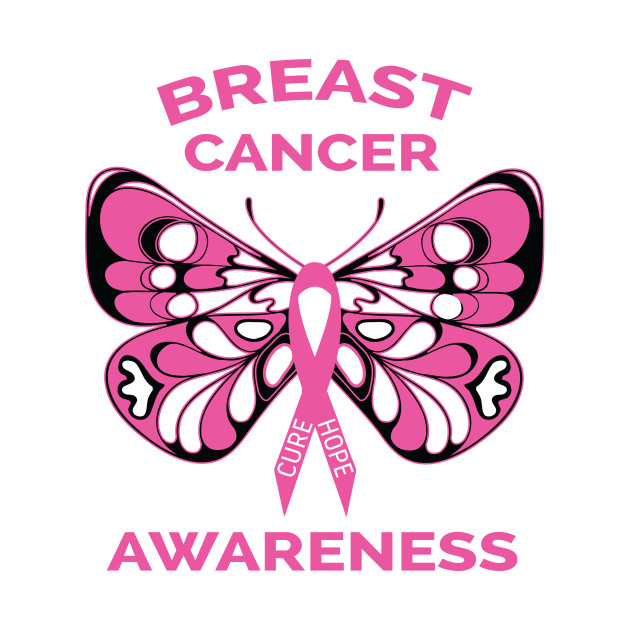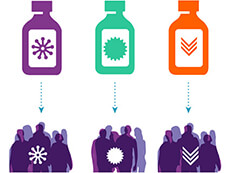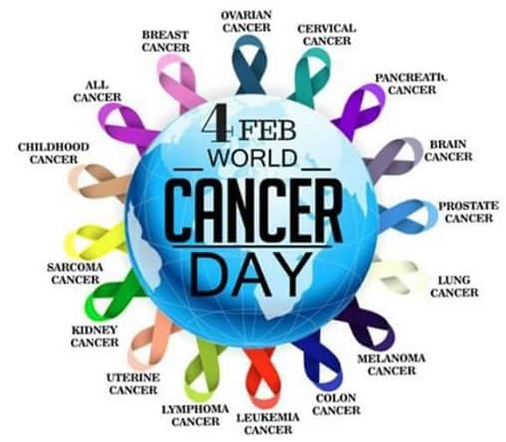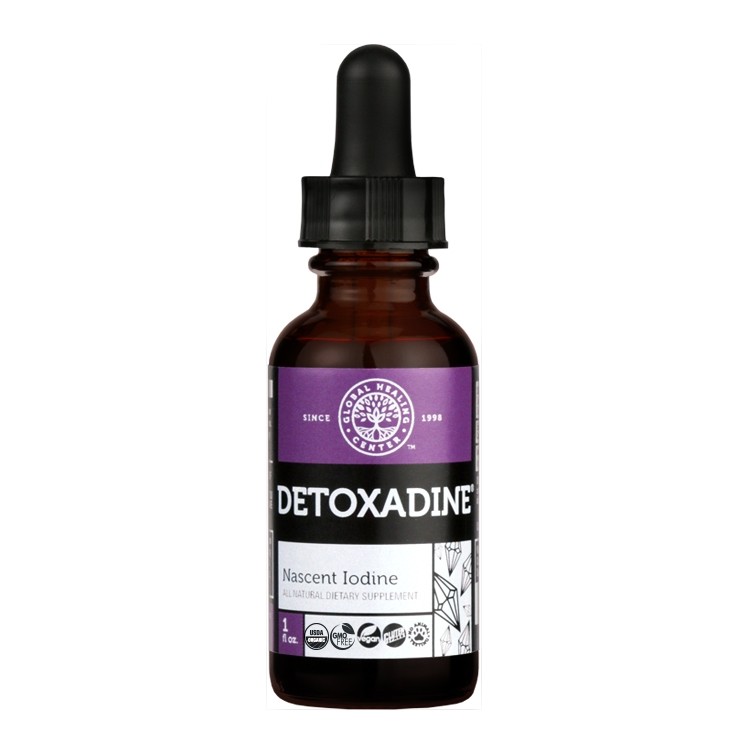|
Iodine is a trace mineral that is vital to the function of the thyroid gland. The human body does not make iodine, so all iodine intake must come from either our diet or from supplements.
|
|
Cancer Treatment >
Chemotherapy
The videos below can be expanded to full screen for viewing. These videos will you give you a good idea of what chemotherapy is all about. They can be expanded and viewed on full screen.
How Chemotherapy Works against Cancer Chemotherapy works by stopping or slowing the growth of cancer cells, which grow and divide quickly. Chemotherapy is used to:
Who Receives ChemotherapyChemotherapy is used to treat many types of cancer. For some people, chemotherapy may be the only treatment you receive. But most often, you will have chemotherapy and other cancer treatments. The types of treatment that you need depends on the type of cancer you have, if it has spread and where, and if you have other health problems. How Chemotherapy Is Used with Other Cancer TreatmentsWhen used with other treatments, chemotherapy can:
Chemotherapy Can Cause Side EffectsChemotherapy not only kills fast-growing cancer cells, but also kills or slows the growth of healthy cells that grow and divide quickly. Examples are cells that line your mouth and intestines and those that cause your hair to grow. Damage to healthy cells may cause side effects, such as mouth sores, nausea, and hair loss. Side effects often get better or go away after you have finished chemotherapy. The most common side effect is fatigue, which is feeling exhausted and worn out. You can prepare for fatigue by:
There are many ways you can help manage chemotherapy side effects. For more information, see the section on side effects. What to Expect When Receiving ChemotherapyHow Chemotherapy Is GivenChemotherapy may be given in many ways. Some common ways include:
Chemotherapy is often given through a thin needle that is placed in a vein on your hand or lower arm. Your nurse will put the needle in at the start of each treatment and remove it when treatment is over. IV chemotherapy may also be given through catheters or ports, sometimes with the help of a pump.
How Your Doctor Decides Which Chemotherapy Drugs to Give YouThere are many different chemotherapy drugs. Which ones are included in your treatment plan depends mostly on:
How Often You Receive ChemotherapyTreatment schedules for chemotherapy vary widely. How often and how long you get chemotherapy depends on:
You may receive chemotherapy in cycles. A cycle is a period of chemotherapy treatment followed by a period of rest. For instance, you might receive chemotherapy every day for 1 week followed by 3 weeks with no chemotherapy. These 4 weeks make up one cycle. The rest period gives your body a chance to recover and build new healthy cells. Missing a Chemotherapy TreatmentIt is best not to skip a chemotherapy treatment. But, sometimes your doctor may change your chemotherapy schedule if you are having certain side effects. If this happens, your doctor or nurse will explain what to do and when to start treatment again. How Chemotherapy May Affect YouChemotherapy affects people in different ways. How you feel depends on:
Since everyone is different and people respond to chemotherapy in different ways, your doctor and nurses cannot know for sure how you will feel during chemotherapy. How Will I Know If My Chemotherapy Is Working?You will see your doctor often. During these visits, she will ask you how you feel, do a physical exam, and order medical tests and scans. Tests might include blood tests. Scans might include MRI, CT, or PET scans. You cannot tell if chemotherapy is working based on its side effects. Some people think that severe side effects mean that chemotherapy is working well, or that no side effects mean that chemotherapy is not working. The truth is that side effects have nothing to do with how well chemotherapy is fighting your cancer. Special Diet NeedsChemotherapy can damage the healthy cells that line your mouth and intestines and cause eating problems. Tell your doctor or nurse if you have trouble eating while you are receiving chemotherapy. You might also find it helpful to speak with a dietitian. For more information about coping with eating problems see the booklet Eating Hints or the section on side effects. Working during ChemotherapyMany people can work during chemotherapy, as long as they match their work schedule to how they feel. Whether or not you can work may depend on what kind of job you have. If your job allows, you may want to see if you can work part-time or from home on days you do not feel well. |
|
|

OPEN 24 HOURS: ACCIDENT EMERGENCY, LAB SERVICES, IMAGING SERVICES & PHARMACY










